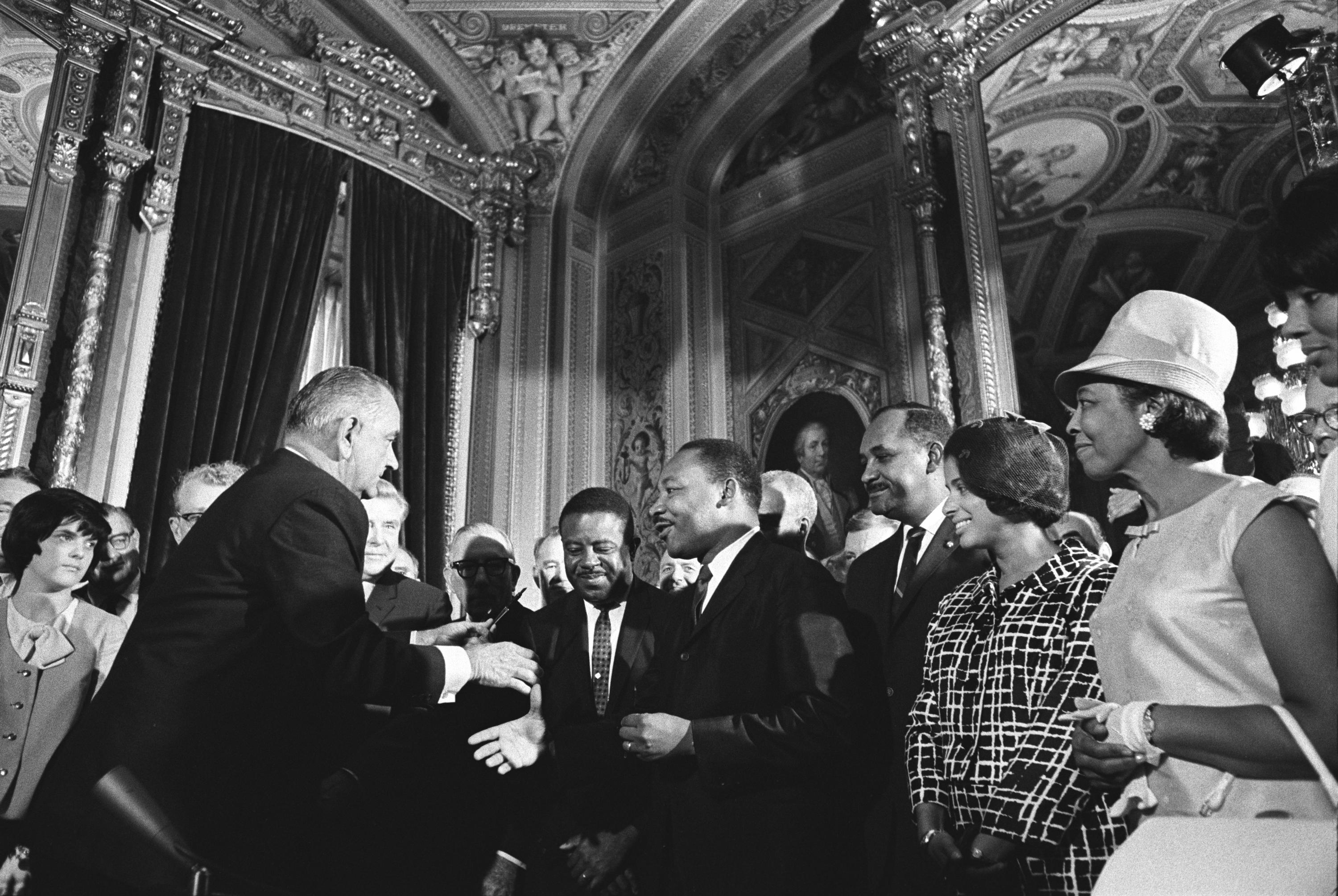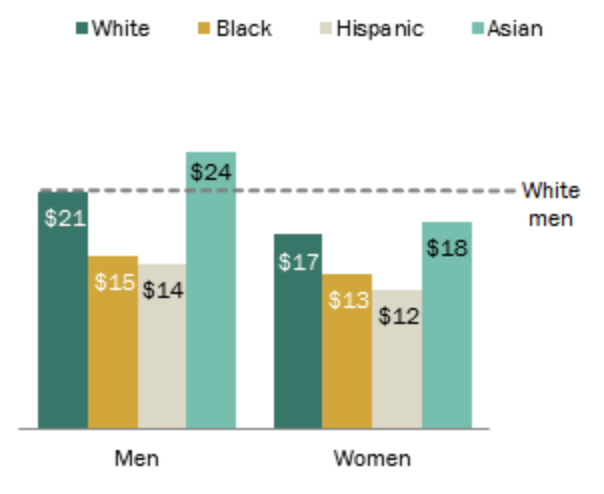The Seneca Falls Convention lacked emphasis on the struggles of minority women and failed to empower those who desperately needed greater aid. This failure and lack of inclusion has continued throughout the fight for equality.
"Suffrage is NOT Universal
Even though the 19th Amendment is passed, suffrage is not universal. Not all Native American and Asian women have citizenship, and are still unable to vote under the amendment. African-American women in many states remain as disenfranchised as their fathers and husbands, subjected to poll taxes and literacy tests."
~ Courtesy of "National Women's History Museum"
Timeline to Full Enfranchisement
~ Courtesy of "National Women's History Museum"
1924
The Indian Citizenship Act was passed on June 2, 1924, granting Native Americans full citizenship. Many states nonetheless make laws and policies that prohibit Native Americans from voting.

1952
The Immigration and Nationality Act of 1952 (the McCarran-Walter Act), grants all Asian Americans the right to become citizens and vote.

Courtesy of “The 1950's Was a Time of Growth Timeline.”
1965
Congress passed the historic Voting Rights Act, removing discriminatory barriers that kept many people of color from voting.

Depsite full enfranchisement, discrimination still remained.

Table illustrates the pay gap between black and white women. Courtesy of "Women Born in the Early 1900's: Employment, Earnings, and Benefit Levels"
"White and Asian women have narrowed the wage gap with white men to a much greater degree than black and Hispanic women. For example, white women narrowed the wage gap in median hourly earnings by 22 cents from 1980 (when they earned, on average, 60 cents for every dollar earned by a white man) to 2015 (when they earned 82 cents). By comparison, black women only narrowed that gap by 9 cents, from earning 56 cents for every dollar earned by a white man in 1980 to 65 cents today. Asian women followed roughly the trajectory of white women (but earned a slightly higher 87 cents per dollar earned by a white man in 2015), whereas Hispanic women fared even worse than black women, narrowing the gap by just 5 cents (earning 58 cents on the dollar in 2015)."
~ Courtesy of “Racial, Gender Wage Gaps Persist in U.S. despite Some Progress.”

Courtesy of “Racial, Gender Wage Gaps Persist in U.S. despite Some Progress.”
"Among women across all races and ethnicities, hourly earnings lag behind those of white men and men in their own racial or ethnic group. But the hourly earnings of Asian and white women ($18 and $17, respectively) are higher than those of black and Hispanic women ($13 and $12, respectively) – and also higher than those of black and Hispanic men."
~ Courtesy of “Racial, Gender Wage Gaps Persist in U.S. despite Some Progress.”
"In 2013, a U.S. Supreme Court ruling weakened federal oversight of state voting laws. Today, people in predominantly Black and brown neighborhoods face longer lines to vote and a shrinking number of polling places."
~ Courtesy of “The History of Seneca Falls You Didn't Learn in School.”
"By definition, feminism is “the equality of sexes.” Even in 2018, feminism is presented as an all-encompassing definition, a team of all kinds of people who believe in the equality of genders. But feminism has never been an all-inclusive group fighting for the rights and equality of all women. Feminism in mainstream culture leaves out the experiences of women of color. And throughout the history of the fight for women’s rights, that fight was too-often exclusively for and about White women."
~ Courtesy of “Feminism and Racism: White Women, Race, and Work.”
“Throughout the course of history for every expansion of voting rights that brings in more people, we have a corresponding contraction, or corresponding backlash, that seeks to make it more difficult for people to vote, that seeks to shrink the electorate and shrink the number of people that participate in our democracy.”
~ Courtesy of “The History of Seneca Falls You Didn't Learn in School.”